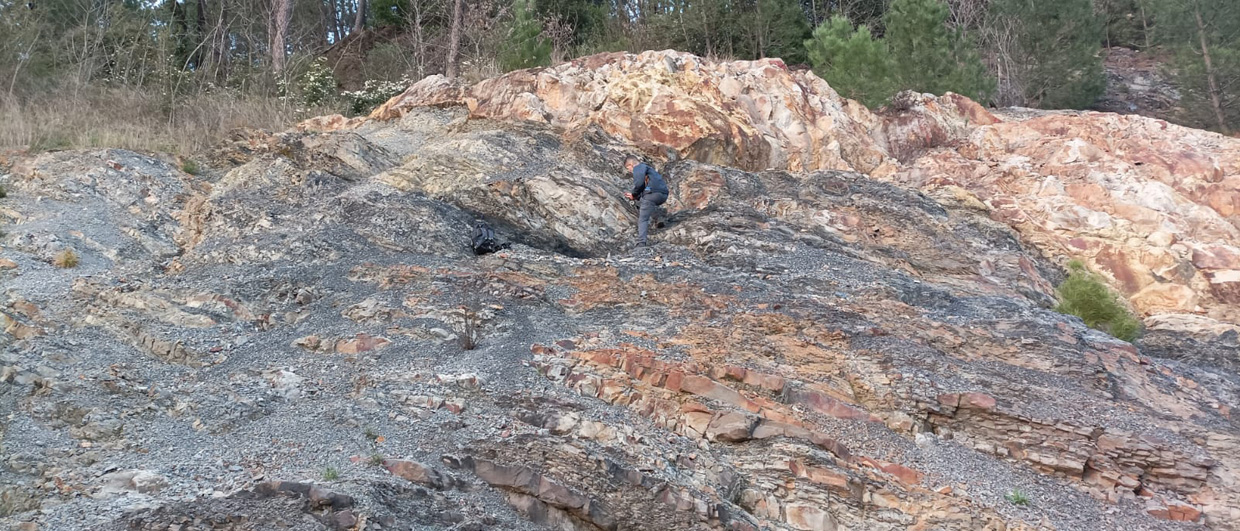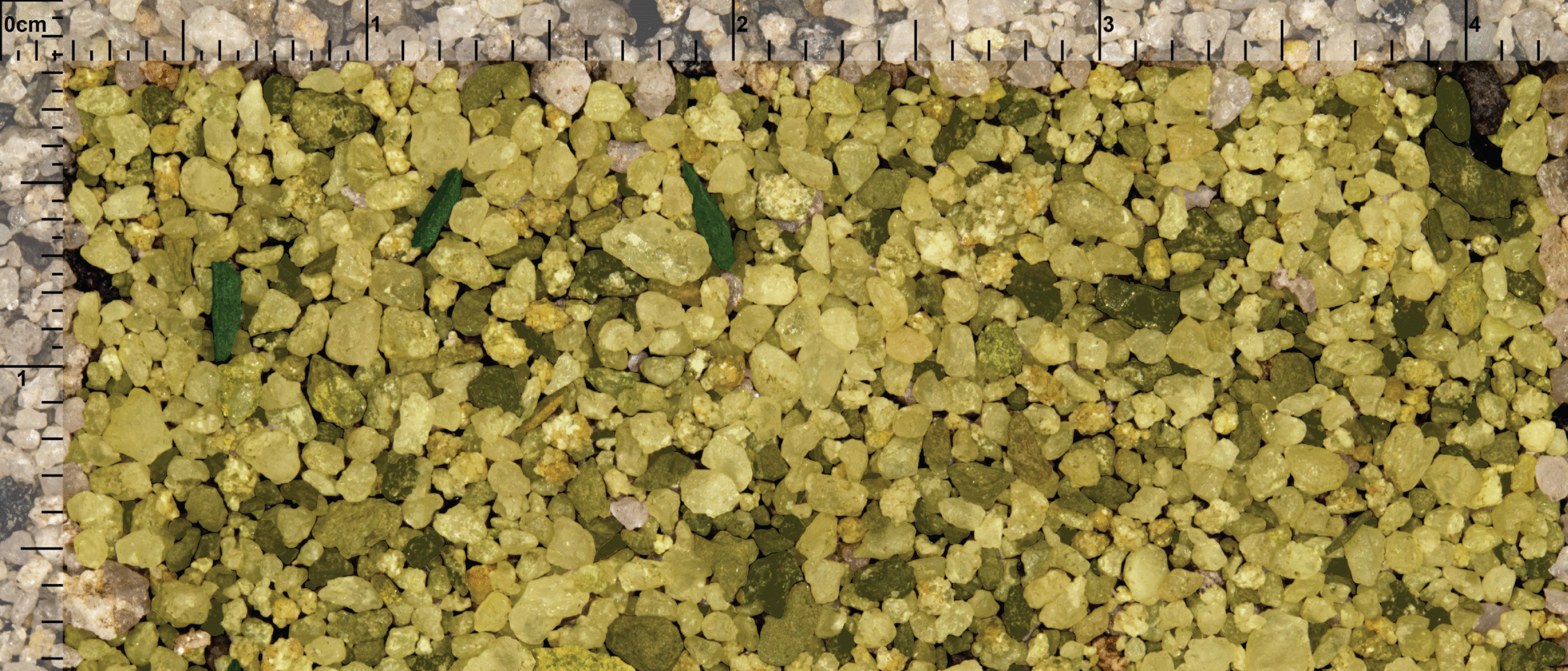It is expected that the announcements will help the UKCS industry to compete favourably against Norway’s Oil taxation.
Two changes
The UK industry body ‘Oil & Gas UK’ (16 March) has welcomed the Chancellor’s acknowledgment of the challenges facing the industry.
In his Budget statement, the chancellor announced two significant changes:
- Petroleum Revenue Tax (PRT) is to be abolished
- Supplementary Tax has been halved from 20 to 10%
The UK Budget will reduce the headline rate of tax paid on UK oil and gas production, to a rate of 40 % across all fields, falling from 50-67.5 %, and it will be backdated to the 1st January 2016.
UKCS oil & gas production will be taxed at 40%, whilst in Norway, the equivalent marginal rate of taxation on oil & gas production is 78%. This significant change is aimed to pre-empt decommissioning of ageing platforms and associated pipeline infrastructure.
The Petroleum Tax System on the NCS is summarised here.
Deirdre Michie, Oil & Gas UK’s chief executive, commented:
“Today’s announcement does indeed mark further progress in modernising the tax regime for an increasingly mature basin. We welcome these measures as they will build on the industry’s achievements in improving efficiency in the face of low oil prices, boosting the sector’s competitiveness and helping to restore investor confidence.”
The Scotland National Party, SNP, deputy leader Stewart Hosie also welcomed the oil and gas changes.
Hith hard
The North Sea offshore industry has been hit hard by plunging oil prices and has shed thousands of jobs in the North Sea over the past year. A recent report by industry body Oil and Gas UK said that less than £1bn was expected to be spent on new projects in 2016, compared to a typical £8bn per year in the past five years.
Further evidence of the 2015 decline and a ‘rusting’ oil industry is seen in the Scotland Cromarty Firth, where there are an abundance of stacked rigs.
Uncertain future
Today, Brent crude is standing at $40 a barrel, about 27% lower than it was a year ago and a fraction of its mid-2014 high of $115 a barrel.
Future exploration drilling statistics will reveal if the UKCS can compete more favourably against Norway to attract investment and become economic in a sustained, lower oil price environment of $40 a barrel. It will also depend on the Exploration Geologist presenting viable prospects to the company board.




